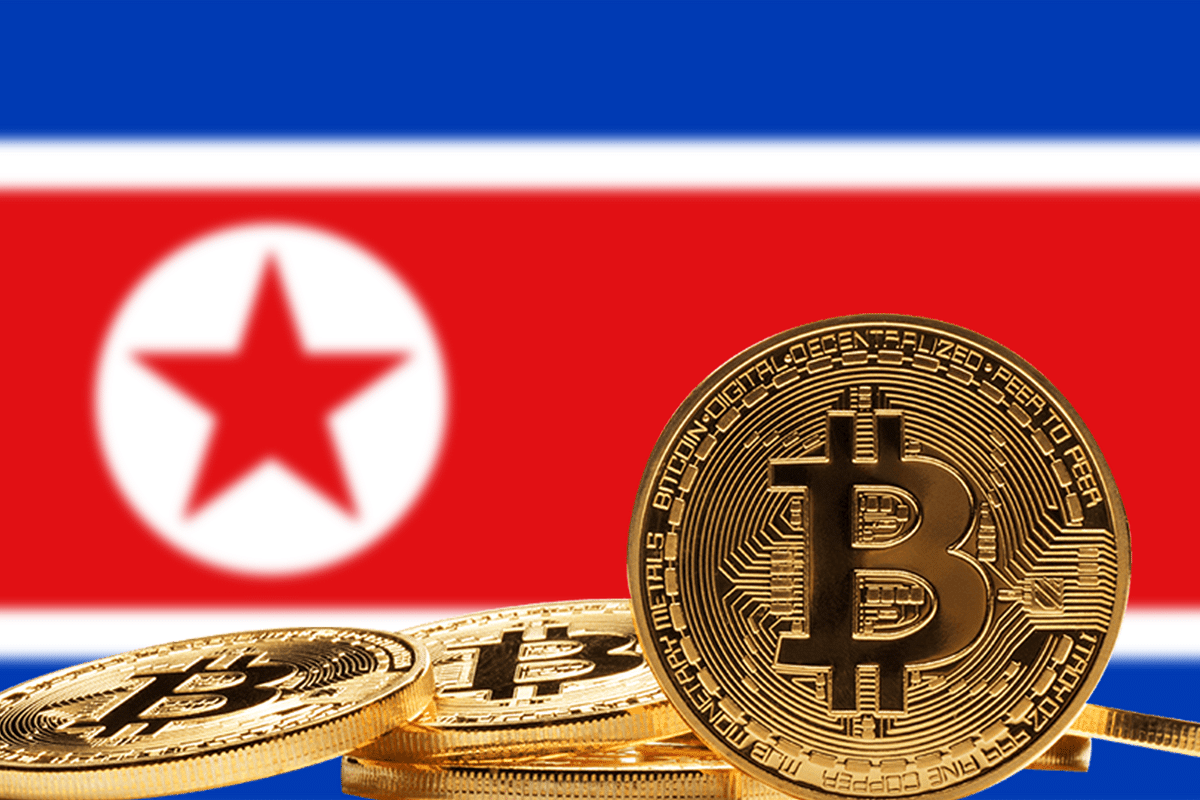News Brief
North Korea's Missile Programme Continues To Expand And Stolen Cryptos Become 'Important Revenue Source': UN Report
- As per report, North Korean hacks garnered up to $400 million in digital assets last year.
- Between 2020 and mid-2021, DPRK cyber actors stole more than $50 million, report stated.
- Earlier, in 2019 UN claimed that North Korean used cyber-attacks to acquire an estimated $2 billion for its weapons of mass destruction programmes.

North Korea's missile programme continues through stolen crypto.
North Korean cyber-attacks have stolen millions of dollars in cryptocurrency in order to support the country's missile programmes, revealed a report by the United Nations.
According to Reuters, an excerpt of a confidential report claimed that Pyongyang profited from hacks on cryptocurrency exchanges as it continued to develop nuclear and ballistic missile programs during the past year.
As written in the report: "Although no nuclear tests or launches of ICBMs (intercontinental ballistic missiles) were reported, DPRK continued to develop its capability for the production of nuclear fissile materials."
North Korea also known as the Democratic People's Republic of Korea (DPRK), have been accused of significant human rights violations. Additionally, the UN Security Council has long prohibited it from conducting nuclear tests or launching ballistic missiles.
It has been subject to UN sanctions since 2006, which the Security Council has ratcheted up over time in an effort to target money for Pyongyang's nuclear and ballistic missile programmes. But as per the sanctions monitors, DPRK's missile testing has been markedly accelerated.
The report said: “Maintenance and development of DPRK's nuclear and ballistic missile infrastructure continued, and DPRK continued to seek material, technology and know-how for these programs overseas, including through cyber means and joint scientific research."
Last week, the United States said that North Korea launched nine ballistic missiles in January this year, the most in a single month in the country's weapons of mass destruction and missile programmes' history. On the other hand, China and Russia have both declined to sign a statement criticising North Korea's missile launches.
However, later this week, the United States said that its special representative for North Korea would meet with Japanese and South Korean officials to address the situation.
The sanctions monitors noted: "DPRK demonstrated increased capabilities for rapid deployment, wide mobility (including at sea), and improved resilience of its missile forces.”
North Korean hackers continue to target financial institutions, cryptocurrency firms, and exchanges, the monitors said, adding that cyberattacks, particularly on cryptocurrency assets, remain a significant revenue source for the country.
"According to a member state, DPRK cyber actors stole more than $50 million between 2020 and mid-2021 from at least three cryptocurrency exchanges in North America, Europe and Asia," the report added.
The report also cited a study released last month by the security firm Chainalysis, which claimed that North Korean hacks garnered up to $400 million in digital assets last year. As per the findings by the firm, investment firms and centralised exchanges were the primary targets of these attacks. It was also found that phishing lures, code exploits, malware and clever social engineering were used to drain funds out of the organisations' internet-connected "hot" wallets and into DPRK-controlled addresses.
Additionally, another UN report from 2019 claimed that North Korea used sophisticated cyber-attacks to acquire an estimated $2 billion for its weapons of mass destruction programmes.
The latest report also stated that North Korea's humanitarian condition was also found to be deteriorating. This was most likely due to the country's choice to seal its borders during the pandemic, according to the report.
Considering the secretive nature of Kim Jong Un’s regime the information about the country has been very nominal. As per the report, due to a paucity of information from North Korea, determining how much UN sanctions were unintentionally impacting civilians was challenging.
Introducing ElectionsHQ + 50 Ground Reports Project
The 2024 elections might seem easy to guess, but there are some important questions that shouldn't be missed.
Do freebies still sway voters? Do people prioritise infrastructure when voting? How will Punjab vote?
The answers to these questions provide great insights into where we, as a country, are headed in the years to come.
Swarajya is starting a project with an aim to do 50 solid ground stories and a smart commentary service on WhatsApp, a one-of-a-kind. We'd love your support during this election season.
Click below to contribute.
Latest